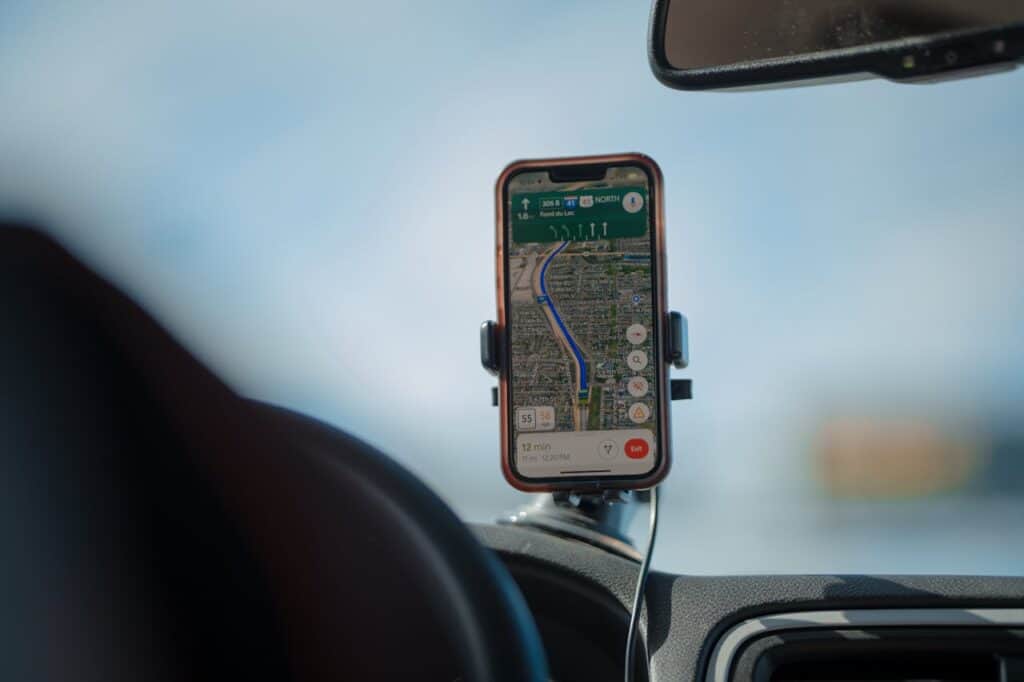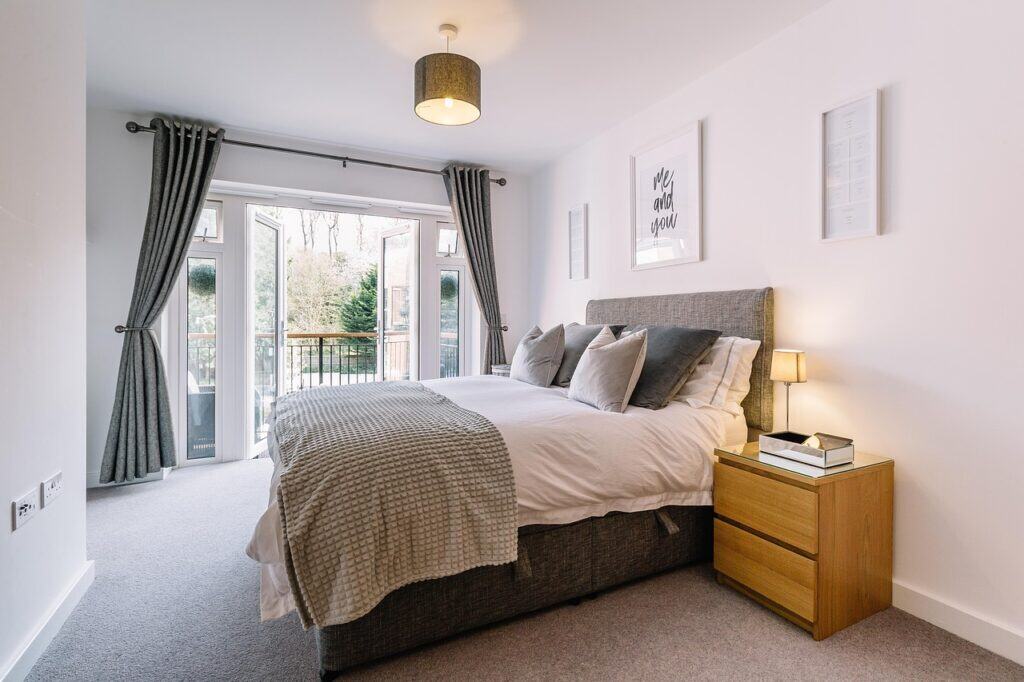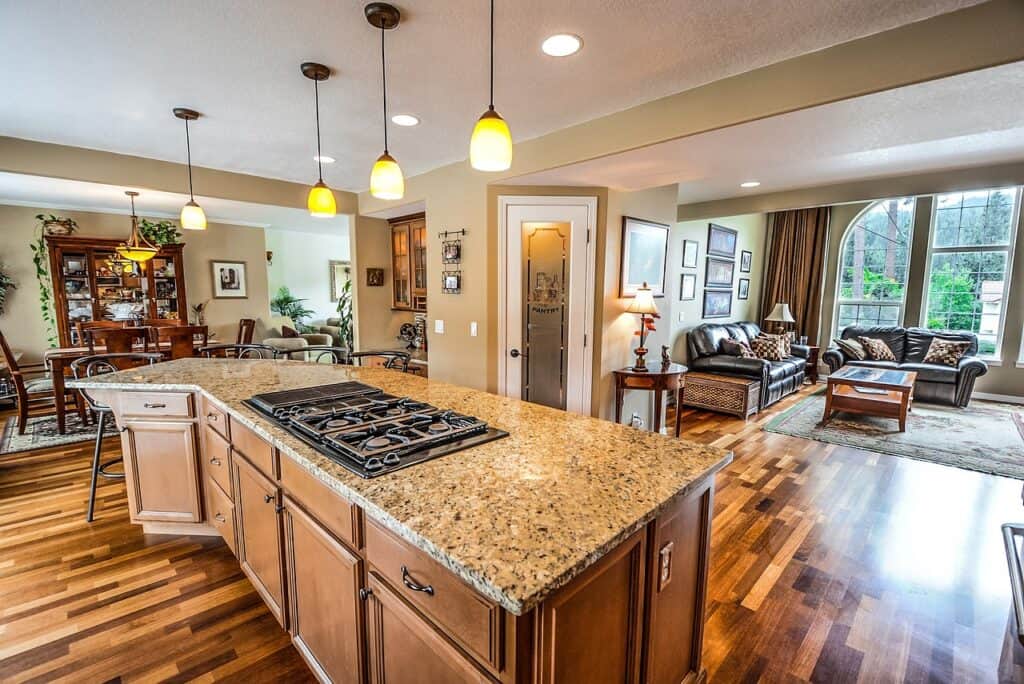We may earn money or products from the companies mentioned in this post. This means if you click on the link and purchase the item, I will receive a small commission at no extra cost to you ... you're just helping re-supply our family's travel fund.

The right vacation home turns a good trip into a great one, if key details don’t slip through the cracks. This guide spotlights 12 checks that protect budget, comfort, and peace of mind, from proving a listing is real to navigating fees, rules, and safety. The goal is simple: a no surprises stay and smoother booking decisions. Read straight through for flow, or jump to the next booking step that matters most right now.
Prove it’s real (fast)

Stress test the listing before paying: book through reputable platforms or licensed managers, match photos to street view, and confirm permits or registrations where required locally. Ask for the exact address and a hyper specific detail like trash day, HOA quiet hours, or parking rules to surface inconsistencies. Compliant hosts answer specifics quickly; vague replies are a red flag that helps avoid mid trip letdowns.
Know the refund math

Cancellation terms decide how recoverable plans are when life happens. Compare fully refundable versus tiered partial refunds, grace windows, weather clauses, and remedies if a host cancels. Flexible policies often cost more but function as built in protection during peak seasons and storm windows. If a platform mentions rebooking assistance, confirm precisely when it applies and what documentation is required.
See the all in cost

Ignore teaser rates and compare per night totals. Add platform and cleaning fees, HOA or resort charges, linens, parking, pet fees, and local taxes; longer stays can change fee structures or unlock discounts. Two similar homes can diverge by hundreds once extras stack up. A quick spreadsheet that normalizes total costs across dates keeps comparisons honest and prevents late stage sticker shock.
Map time, not miles

Drop a pin on the exact address and measure access in minutes. Urban stays hinge on garage height, overnight parking, walkability, and noise; mountain or coastal spots depend on steep drives, stairs, and seasonal plowing. For beaches, slopes, and trailheads, verify real time to access with directions. Arrival friction is predictable, smart prep turns it into a non issue.
Fit the rules first

Rules shape the stay as much as amenities. Confirm occupancy and visitor caps, quiet hours, smoking bans, and event restrictions; pet friendly can hide size, breed, and fee caveats. Some condos restrict short stays or balcony grilling, and many cities limit parking or guests. If the trip plan collides with even one rule, expect stress or penalties; the best fit avoids debate entirely.
Lock in the must haves

Validate non negotiables before paying: reliable Wi Fi with a recent speed estimate, HVAC details, laundry, cookware basics, coffee setup, and bed layouts by room. Ask about linens, extra towels, and starter toiletries to plan packing. For special trips, confirm cribs, blackout shades, beach gear, ski storage, or EV charging. A 30 second checklist now prevents the “it wasn’t there” surprise later.
Check the latest reviews

Scan the newest reviews first, then read back for patterns in cleanliness, accuracy, noise, and responsiveness. Repeated Wi Fi complaints, euphemisms about lively neighborhoods, or a recent rating slide are cues to pause or clarify. Photo recency matters, dated images can mask wear. Hosts who respond constructively and fix issues quickly tend to deliver steadier experiences.
Plan smooth arrival

Self check in is seamless, until a code fails at midnight. Confirm code validity windows, backup keys or lockboxes, and an emergency number that is truly answered. Ask for parking spot numbers, garage clearance, load in directions, and exact late arrival steps. Entry problems often stem from expiring codes or unclear instructions, so a quick “what if the code fails?” message is revealing.
Know who helps, when

When something breaks, speed matters. Ask who supports the stay, nearby owner or professional manager, and typical response times, escalation paths, and coverage during nights and holidays. A short pre booking message tests clarity and tone. Specific, proactive replies signal smooth resolutions; vague, slow answers often foreshadow delays when the thermostat or Wi Fi acts up.
Confirm it’s compliant

Cities and buildings increasingly enforce permits, minimum stays, occupancy, and parking, but requirements vary by location. A compliant host shares registration numbers where applicable and sets house rules upfront. Booking outside the lines risks fines or a mid stay interruption. Stricter compliance usually tracks with better operations, safety practices, and neighbor relations.
Spot real safety signals

Look for smoke and CO detectors, fire extinguisher, first aid kit, and clear egress; for pools or hot tubs, ask about fencing, covers, and posted rules. Exterior lighting, solid deadbolts, and tamper resistant smart locks signal basic diligence. Unfiltered, recent photos that align with reality build trust, and a quick “can you share a detector photo?” checks readiness in seconds.
Keep a Plan B ready

Save two comparable alternates and know the platform’s rebooking support. Pair that with flexible cancellation or travel insurance for peak dates, remote spots, or weather exposed itineraries. A credible backup turns a host cancellation into a same day pivot, preserving flights and time off windows. One screenshot of key policies and codes can also save precious minutes when plans shift.